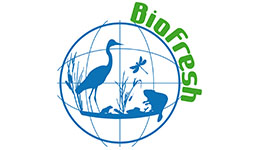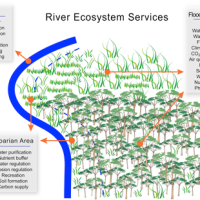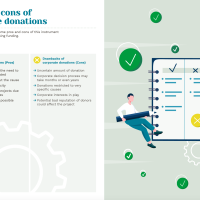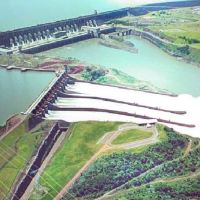Tools for managing multiple pressures: workshop collaborations between MARS and ECOSTAT
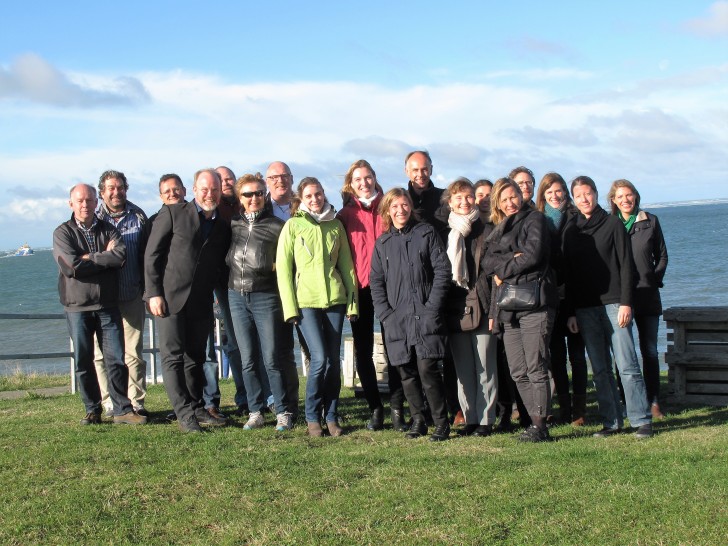
Attendees at the Den Helder workshop in October 2016. Image: MARS
At the end of October, MARS, a European Union FP7 project, and ECOSTAT, an European Commission Working Group for the implementation of the Water Framework Directive, held a collaborative workshop to discuss the challenges of aquatic multiple pressures in Den Helder, Netherlands. Around 50 ECOSTAT members and 10 international stakeholders attended the workshop.
In their invited presentation, Wouter van de Bund and Sandra Poikane from ECOSTAT outlined the challenges of linking multiple pressures and ecological classification, whilst Jo Halvard Halleraker used examples from water management in Norway to suggest the management tools needed to conserve and restore aquatic ecosystems under multiple pressures.
Four central aspects of the developing MARS toolbox for multiple pressure management were presented as prototypes. Clara Chrzanowski outlined the new Information System, Christian Feld presented the Diagnosis Tool, Gerben van Geest introduced the Model Selection Tool, and Markus Venohr discussed the Scenario Analysis Tool.
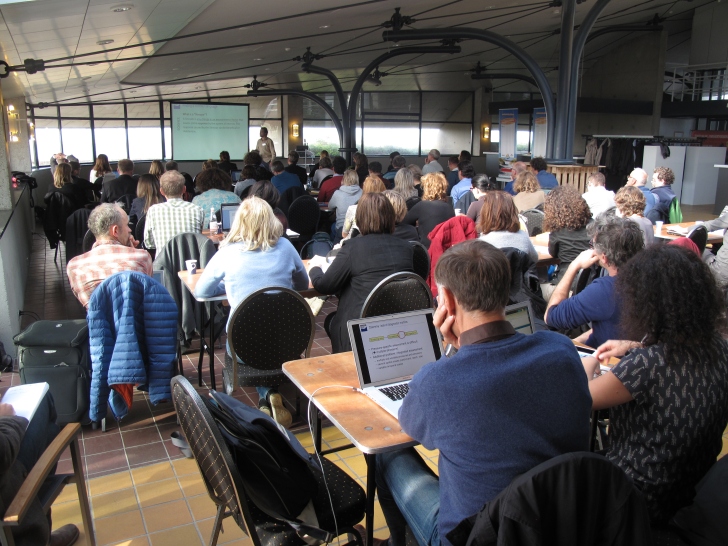
Discussions at the Den Helder workshop. Image: MARS
The aim is that each of these MARS tools will soon provide comprehensive and accessible resources for managing and mitigating multiple pressures in Europe. Attendee feedback highlighted the potential role of such tools in guiding both local and transboundary water management.
Similarly, workshop feedback from stakeholders (such as water managers) highlighted current difficulties in locating and accessing appropriate scientific research to guide management plans. It is intended that the MARS Information System will address this shortfall, by presenting up-to-date scientific research on multiple pressure interactions and impacts in a clear and accessible format.

The evocative location for the workshop. Image: MARS
Reflecting on the discussions at the workshop, Markus Venohr said: “We received valuable feedback in this early phase of the toolbox development, helping us to develop most appropriate functionalities of the individual tools. In particular the reflection of national management options on EU scale and our attempts to further close the knowledge-gap between stressors and biological responses received special interest.”
Further engagements with European water management stakeholders are planned in the future to test the developing toolbox and discuss their results and outcomes.


